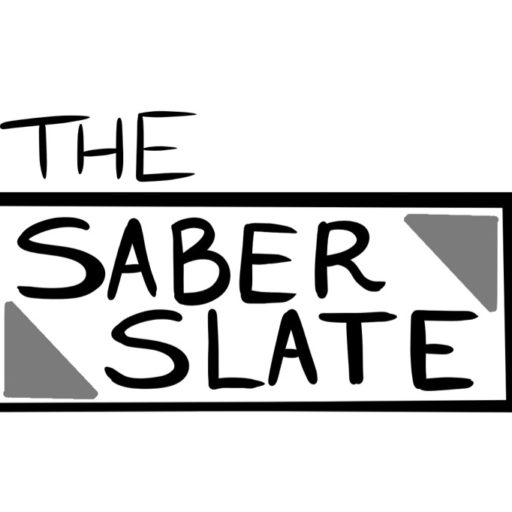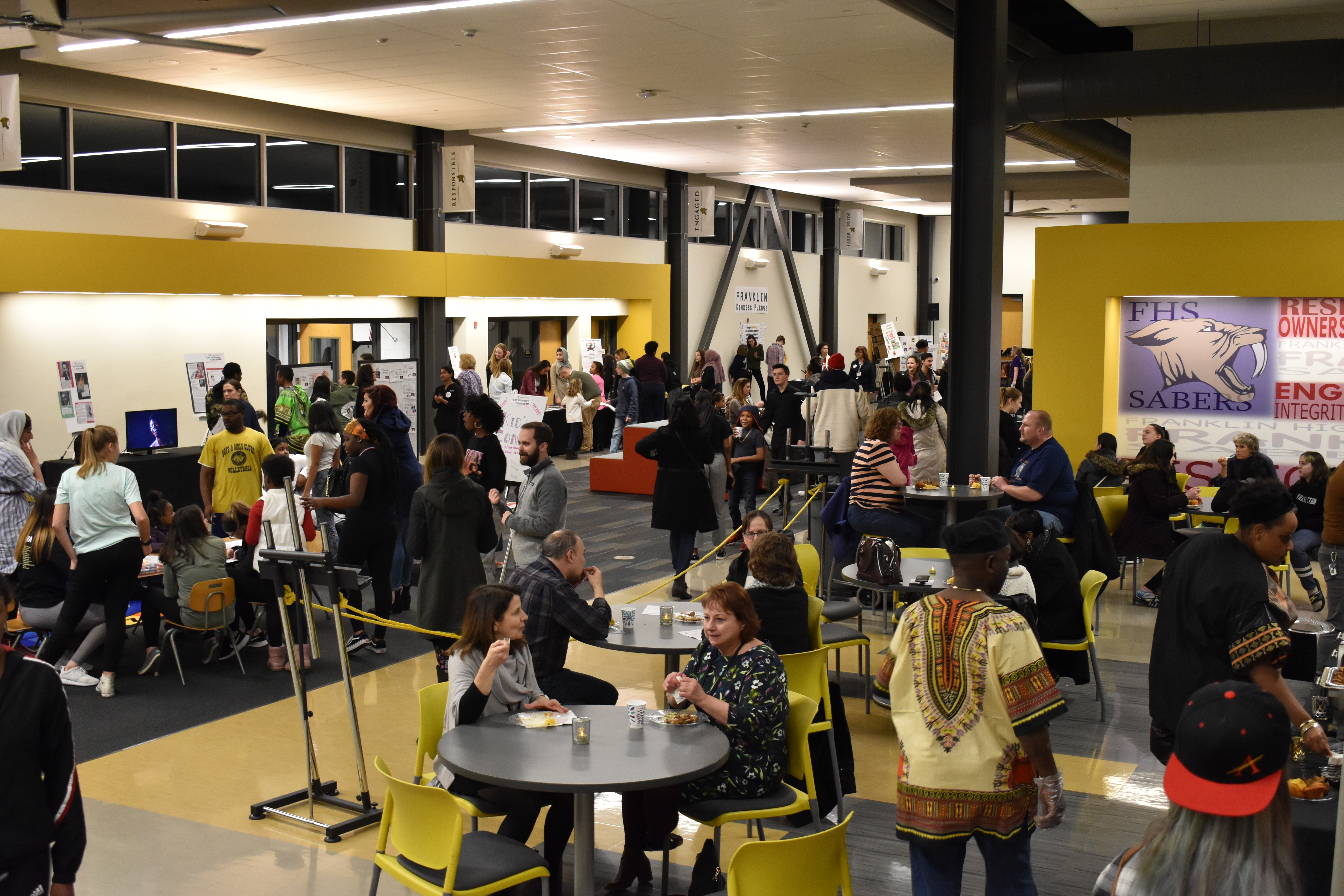
Mini-Juneteenth Day
On June 19th, 1865, all slaves were officially emancipated in all states. Over time, more and more people of African heritage in the United States celebrate this holiday because of the Civil Rights movement, allowing for equality and diversity. Juneteenth is a state holiday (or special day of observance) in forty-five states. Today, Juneteenth has become a celebration of African American history and culture.
Juneteenth is rooted in United States history, going back to the American Civil War when President Abraham Lincoln issued the Emancipation Proclamation. The Proclamation declared all slaves to be freed in rebel states, who weren’t in Union hands. The document excluded the border states Kentucky, Maryland, Delaware, and Missouri, as well as the counties of Virginia that would later come together to form the state of West Virginia.
The news that Confederate General Robert E. Lee had surrendered to Union forces on April 9 did not reach the state of Texas until May 1865. On June 18, 1865, Union General Gordon Granger declared “General Order No. 3,” which announced the total emancipation of slaves. Freedmen celebrated in the streets after the announcement of their emancipation. The year after, the freedmen organized the first of the annual Juneteenth celebrations to celebrate their freedom. More and more people joining in these celebrations by the mid-1900’s, during the Civil Rights movement.
After the Civil Rights movement of the mid-1900’s, Juneteenth Day has been celebrated by more and more African-American communities.
On February 19th, we hosted a Mini-Juneteenth celebration here at Franklin High School.
At the festival, there was a selection of different events that promoted diversity, friendship, and support and from Daddy’s Soul Food & Grille. I personally didn’t try the food, however, I asked around about the food and the reaction was positive.
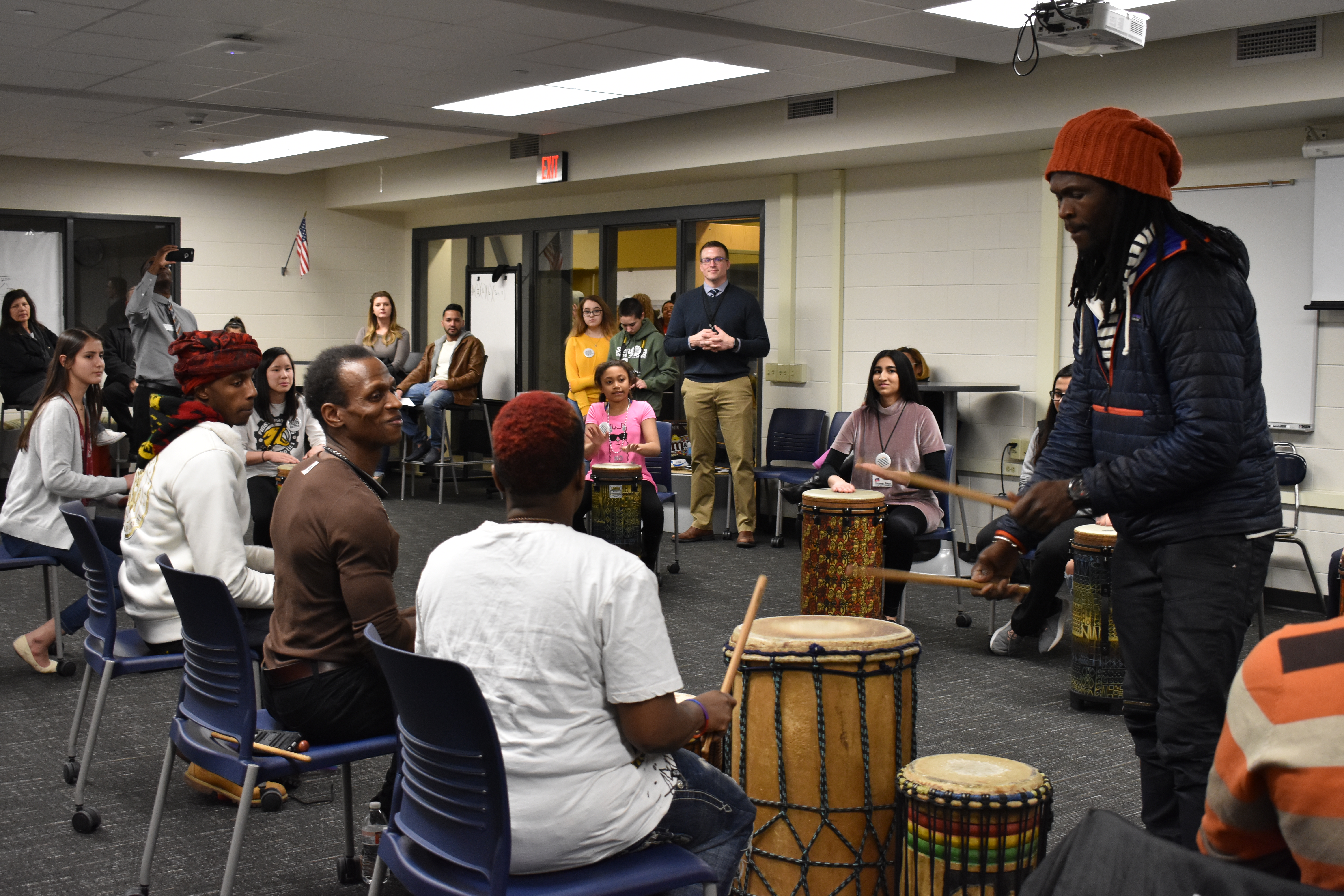
There was also book table that displayed a plethora of books about African-American civil rights and emancipation. I interviewed a student about it, who said, “[I think it’s something] that gets overlooked a lot, and there are books that become popular by the media, and a lot of times, that’s the only thing you go to, you’re broadening your horizons, you know?”
Some of the other events included a raffle to support local African-American businesses and a kindness pledge wall, which was facilitated by fellow members of the Saber Slate. Many students and parents of Franklin filled out the pledge wall.
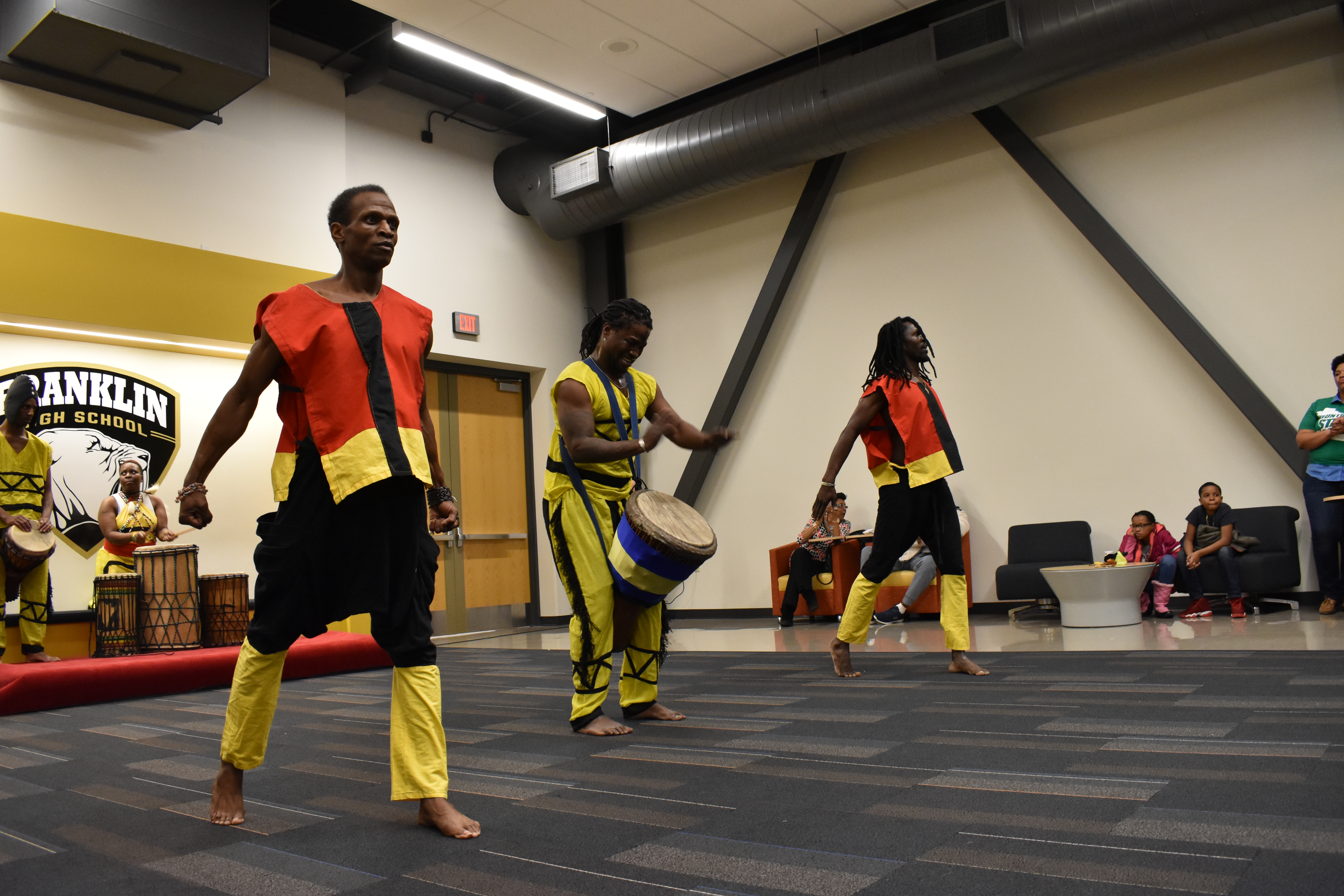
I had the opportunity to interview Janet Evans, the president of the school board, and ask her about the event. “I think [Mini Juneteenth] is a great way to bring the community together,” she said, “and I also think it’s a great way to celebrate Black History Month, and educate the community.”
Around the same time I was standing around the wall, the music was cranked up. A group of three girls started dancing to One Two Step by Ciara. I saw many more students join the impromptu dance party and have a great time together, enjoying the moment. That alone just shows, even if it seems like we’re struggling to stay together, Franklin is still a community. Although it isn’t a national holiday, many organizations are working toward having the day recognized as a national day of observance.
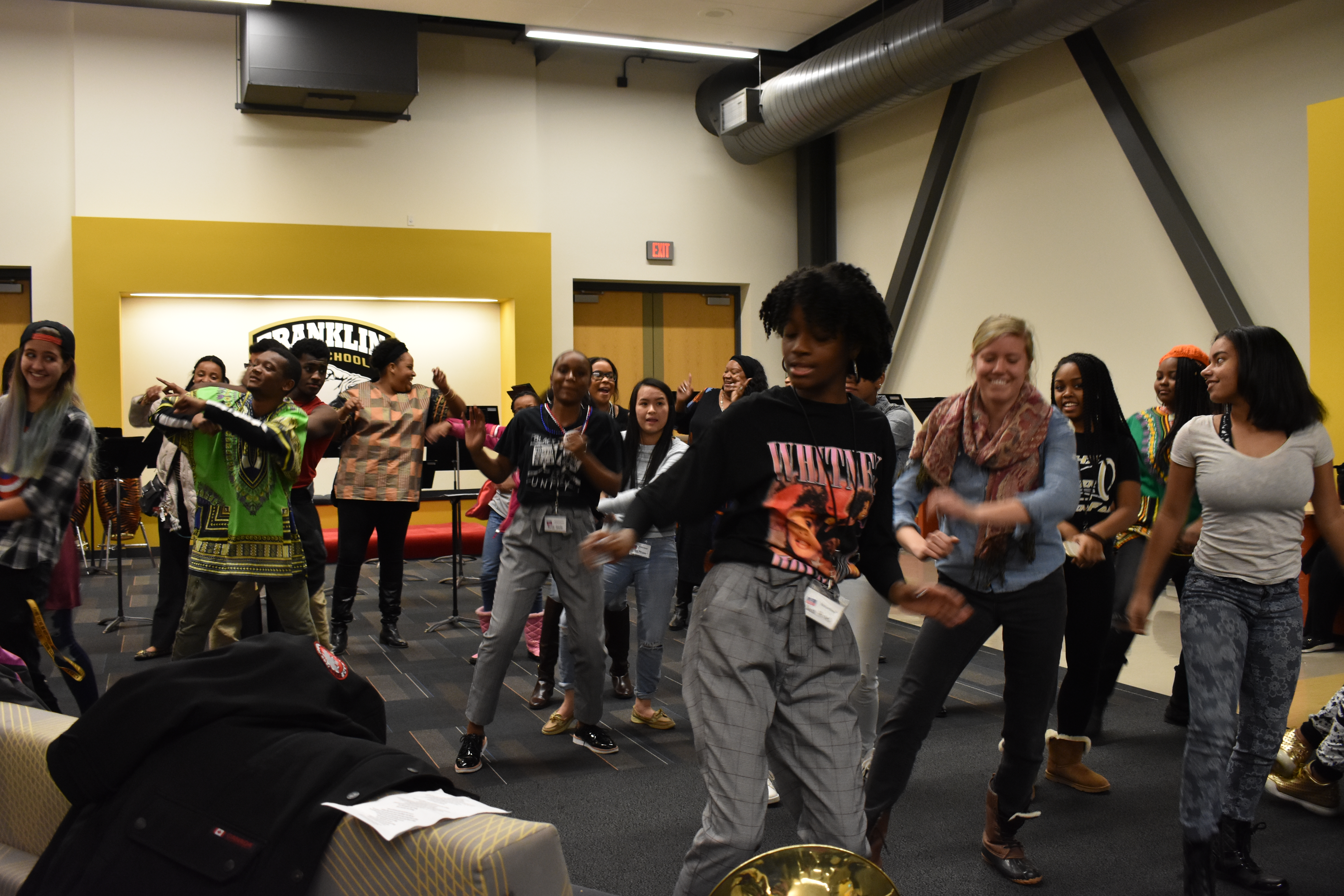
Mini-Juneteenth was an important celebration, even if you didn’t attend, it shows that Franklin as a whole is ready to support racial diversity, and that is very important to many students of Franklin no matter how they look.
Photo’s taken by Isabelle Wilson
Sources
Holness, J. J. (2017, June 19). National Observance of Juneteenth is Still a Struggle. Retrieved February 20, 2018, from https://urbanfaith.com/2016/06/national-observance-juneteenth-still-struggle.html/
Cruz, G. (2008, June 18). Juneteenth. Retrieved February 21, 2018, from http://content.time.com/time/nation/article/0,8599,1815936,00.html
